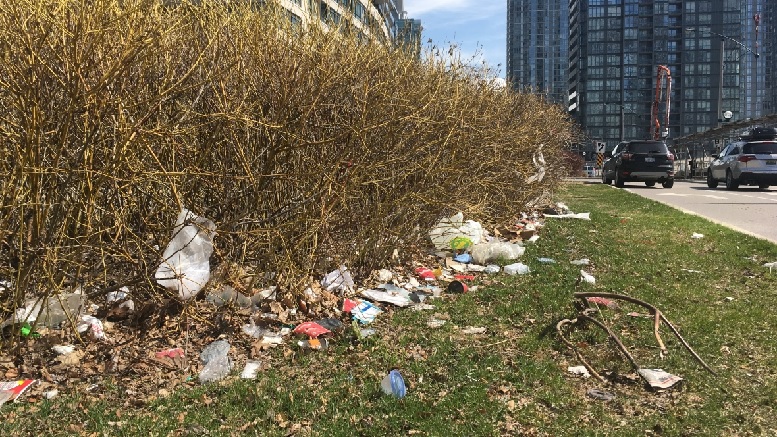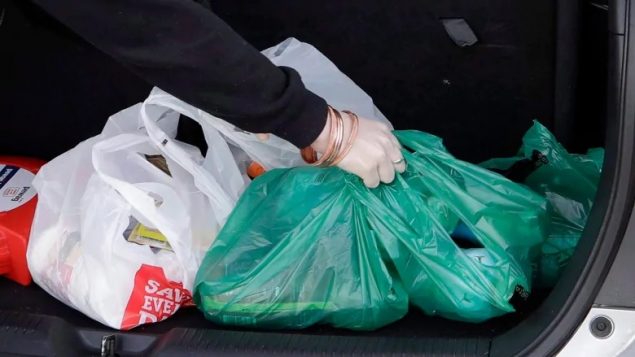The Prime Minister announced yesterday that Canada will ban certain types of plastics starting in 2021.
This is to cut down on plastic pollution in the environment which has been seen to harm birds and marine life, and the massive concern of plastics piling up in landfills.
Beatrice Olivastri is the CEO of the non-profit environmental group Friends of the Earth-Canada.
While many types of plastics are recyclable, the sad fact is that only about 9 per cent of plastic actually is. Plastic cutlery, bags, plates, water bottles and many other products simply never get recycled. In addition, some types of plastic like the foam take-out food containers, are not recyclable.

In this June 4, 2018, photo, a man collects plastic and other recyclable material from the shores of the Arabian Sea in Mumbai, India> it’s estimated that at current rates, the amount of plastic in the oceans will outweigh all the fish (AP Photo/Rafiq Maqbool/AP Photo/file)
Studies have now shown that in addition to aquatic life and birds mistaking bits of plastics as food, and subsequently leading to their death, we humans are ingesting and breathing in microplastics with unknown effects.
The Canadian government has announced it intends to move Canada more in line with European initiatives by banning single use plastics, and also requiring manufacturers and retailers to assume responsibility for costs of collecting and recycling those products.

Single-use plastic bags and other plastics and litter collect up against a hedge in Toronto. Plastics don’t biodegrade, they simply break down into smaller and smaller pieces, eventually become microplastics that get into the food chain and the air we breathe. (Leva Lucs-CBC)
It is hoped the ban would lead to new bio-degradable products to cut down significantly on the harm to the environment caused by plastic waste.
Ms Olivastri notes however, that even with government regulations, individuals have to start considering their own habits when it comes to plastic purchases and use.
additional information







For reasons beyond our control, and for an undetermined period of time, our comment section is now closed. However, our social networks remain open to your contributions.